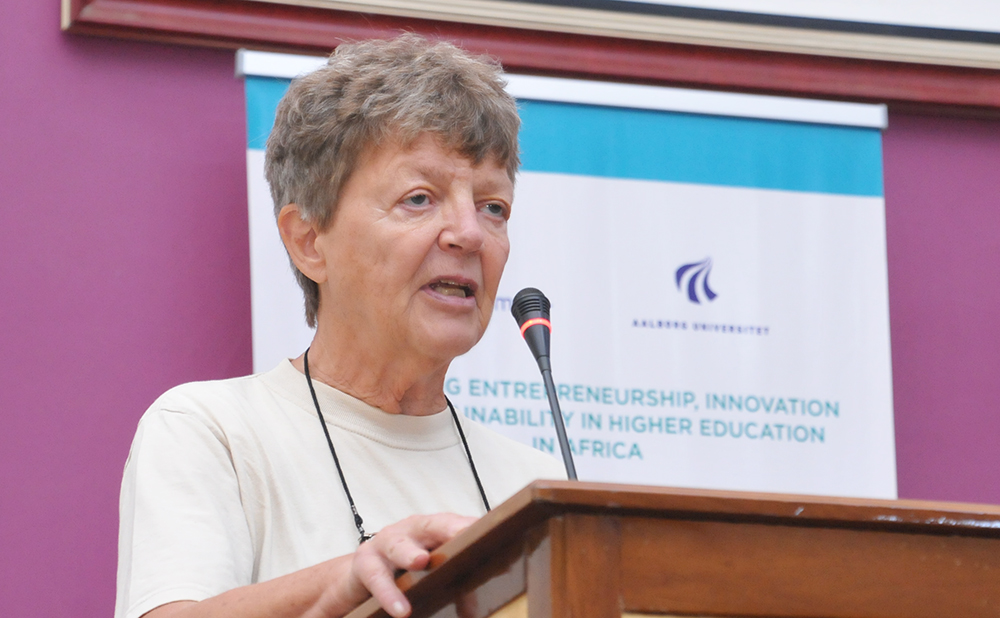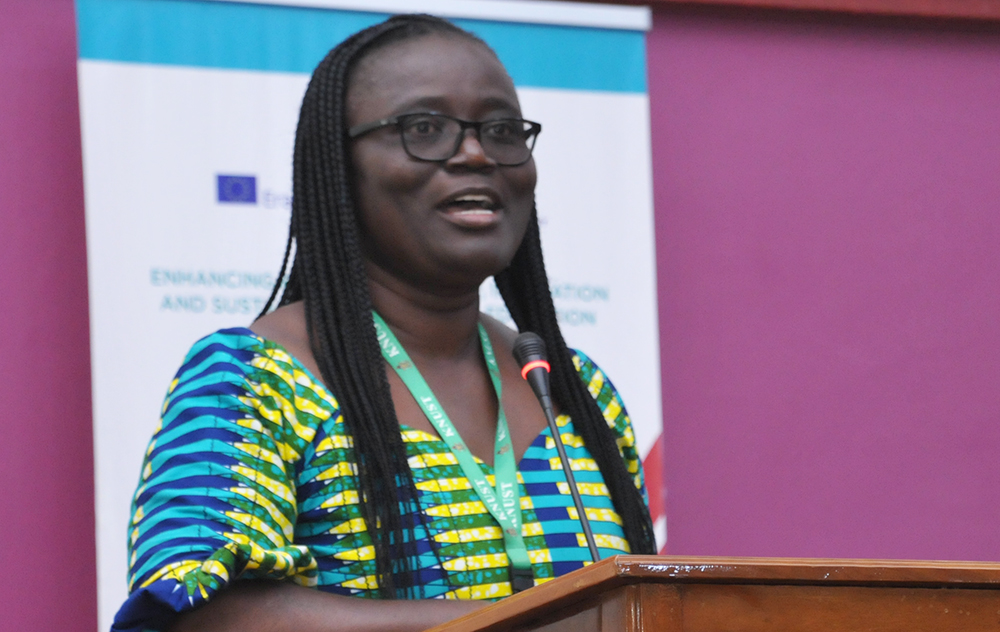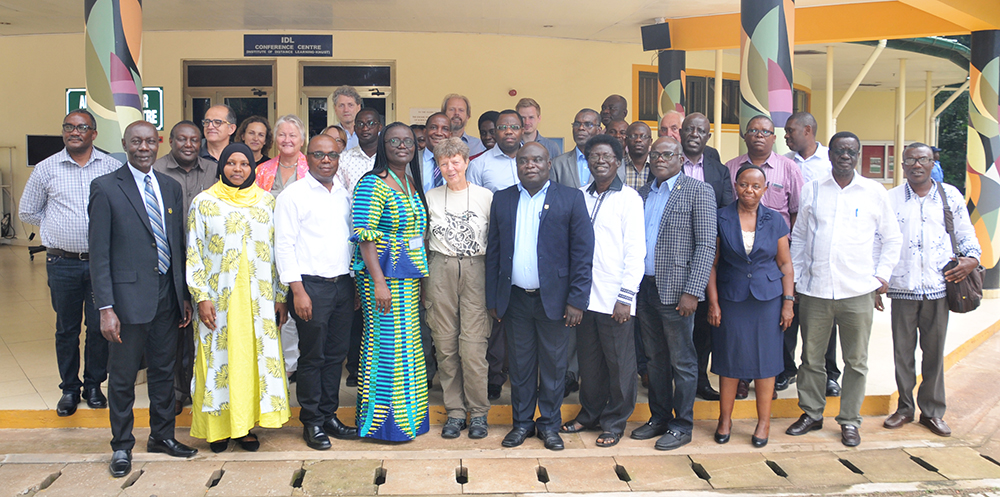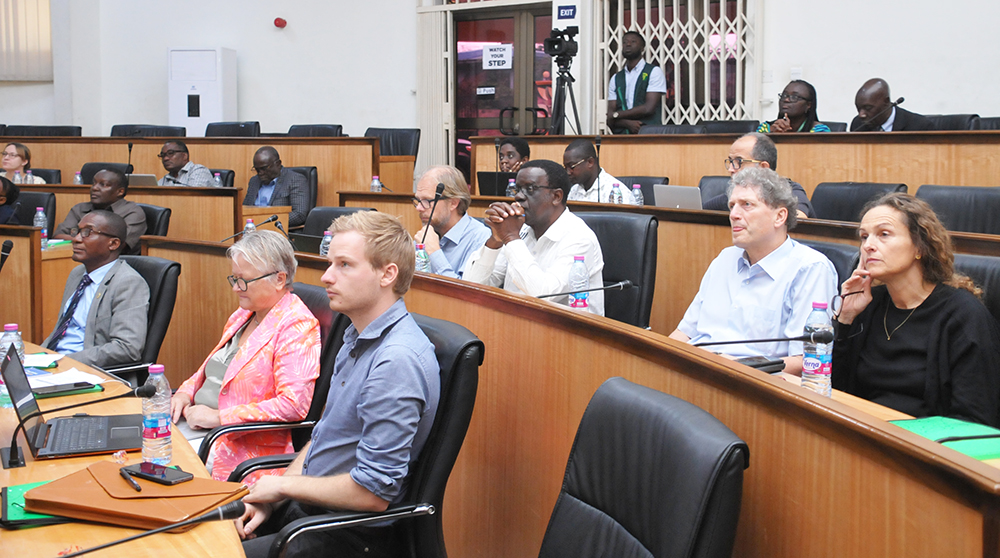The Erasmus Programme of the European Union in partnership with the Kwame Nkrumah University of Science and Technology (KNUST) has organised a two-day conference for knowledge sharing and updates from partner institutions on ‘Enhancing Entrepreneurship, Innovation and Sustainability in Higher Education in Africa (EEISHEA)’. The conference brought together project coordinators and Vice-Chancellors of the European partners and local task force members of participating institutions at the Amonoo-Neizer Conference Centre, KNUST.

The Project Lead, Mona-Lisa Dahms of Aalborg University said that EEISHEA is a collaboration between five Universities in Africa including KNUST and five Universities in Europe. According to her, the overall aim of the project is to initiate sustained educational change in the Universities, by redesigning their selected curricula.
In furtherance of this, KNUST has chosen BSc. Aquaculture and Water Resources Management program to be redesigned to integrate innovation, entrepreneurship and sustainability. She added that the learning and teaching approaches would be e-learning and student-centered. She hoped that at the end of the study program, graduates would be equipped with entrepreneurial and innovative skills for employability and self-employment.

The Pro-Vice Chancellor, Professor Rita Akosua Dickson, addressing the gathering said that in KNUST, Entrepreneurship, Innovation and Sustainability in Higher Education is paramount to the growth of the University. The University, she added, is keen on training students to make them employable and equip them to be entrepreneurs in addition to their degrees.
At the conference, project coordinators highlighted the status of the project and presented curriculum development processes in partner Universities and together with the participants, paid a study visit to KNUST Innovation Hub & Experimental Aquaculture Farm.

The project partners are Kwame Nkrumah University of Science and Technology and its affiliates (All Nations University, Garden City University College, Spiritan University College, Wisconsin International University, Princefield College, Medicare College, Accra Institute of Technology, Christ Apostolic University College), Kilimanjaro Medical Centre College, Sokoine University of Agriculture, University of Energy and Natural Resources, State University of Zanzibar, Aalborg University, Universitat Politenica de Catalunya, Royal Institute of Technology, University of Copenhagen and Rosklide University.
The project is co-funded by the Erasmus+Programme of the European Union.

















